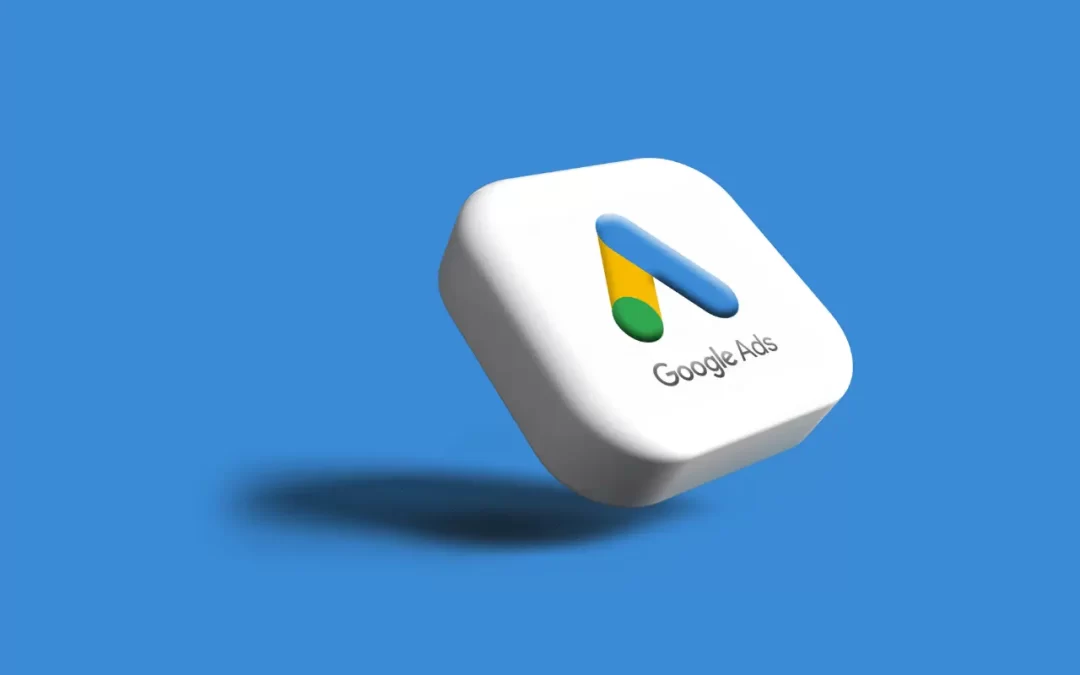If you’ve ever wondered, ‘What is Pay Per Click?’, you’re not alone. Many business owners have heard the term but aren’t entirely sure what it means, or how it could benefit their brand.
At its core, Pay Per Click (PPC) is one of the most effective forms of digital advertising available. It allows businesses to reach their target audience quickly, generate leads, and drive traffic to their website, all while maintaining control over budget and performance.
In this blog, our award-winning marketing agency in Essex breaks down exactly what PPC is, how it works, and why it’s such a powerful tool when used as part of a wider marketing strategy.
Understanding the Basics
So, what is Pay Per Click in laments terms? PPC is a form of online advertising where you pay each time someone clicks on your ad, as the name would suggest. Some people may also refer to this as Google advertising.
Rather than paying to simply appear, you’re only charged when a user takes action by clicking through to your website. This makes PPC highly measurable and cost-effective because you can see exactly how much you’re spending and what you’re getting in return.
The most widely known PPC platform is Google Ads, where businesses bid on specific keywords and phrases their potential customers are searching for. When someone types those terms into Google results, your ad could appear above the organic search results, instantly increasing your visibility.
How Pay Per Click Works
The process behind PPC is fairly straightforward but requires strategy and expertise to get right. It typically involves:
- Keyword Research – Identifying the terms your audience uses when searching for your products or services.
- Ad Creation – Writing compelling copy that encourages people to click through.
- Bidding – Setting a maximum amount you’re willing to pay per click.
- Targeting – Choosing when and where your ads appear based on location, interests, and demographics.
- Optimisation – Regularly analysing and refining campaigns to improve performance over time.
While it’s possible to set up a campaign yourself, getting it right can be tricky. That’s where working with a professional marketing agency like VerriBerri can make all the difference. We use data, experience, and creativity to make sure your investment delivers the best possible return.
The Benefits of PPC
Now that we’ve answered ‘What is Pay Per Click?’, let’s explore why it’s such a valuable part of modern marketing.
1. Immediate Visibility
Unlike organic SEO, which can take months to build momentum, PPC delivers instant results. As soon as your campaign goes live, your ads can appear in front of thousands of potential customers who are actively searching for what you offer.
2. Measurable Results
Every aspect of a PPC campaign is trackable. You can see how many people viewed your ad, how many clicked, and how many converted into customers. This transparency makes it easy to understand your return on investment (ROI) and identify opportunities for improvement.
3. Budget Control
One of the biggest advantages of PPC is flexibility. You set your own daily or monthly budget and can adjust it at any time. Whether you want to spend £10 a day or £10,000, your campaign can be scaled to suit your business goals.
Top Tip: We always suggest a minimum starting budget of £300 per month.
4. Precision Targeting
PPC allows you to reach the right people at the right time. You can tailor campaigns to specific locations, age groups, interests, and even times of day. This level of targeting ensures your budget is spent on audiences that are most likely to convert.
5. Supports Other Marketing Channels
PPC complements other marketing efforts like SEO, social media, and PR. The traffic driven by ads can improve brand recognition, increase engagement, and even support organic search growth over time.
Common PPC Mistakes to Avoid
While PPC is powerful, it can also be wasteful if not managed correctly. Some of the most common mistakes include:
- Poor keyword targeting: Bidding on the wrong terms can lead to wasted spend and irrelevant clicks.
- Ignoring negative keywords: Failing to exclude irrelevant searches can dilute your campaign’s effectiveness.
- Weak ad copy: If your ads don’t stand out, they won’t attract clicks no matter how well-targeted they are.
- Neglecting optimisation: Successful PPC campaigns require ongoing testing, monitoring, and refinement.
PPC vs SEO: What’s the Difference?
When clients first ask us ‘What is Pay Per Click?’, they often want to know how it differs from SEO. While both aim to increase your online visibility, they do so in very different ways.
SEO focuses on earning organic rankings through content and optimisation, while PPC guarantees placement by paying for it. Think of PPC as renting the top spot on Google, whereas SEO is about earning it long-term.
The best results usually come from combining both approaches. SEO builds trust and credibility over time, while PPC provides the immediate visibility you need to start generating leads.
Let’s Chat
If you’ve been asking yourself, ‘What is Pay Per Click and how can it help my business?’, the next step is to speak to a team who lives and breathes digital marketing.
At VerriBerri, we’ve helped brands across the UK drive measurable growth through strategic, well-optimised PPC campaigns. For more information about working with us, get in touch by clicking here!

